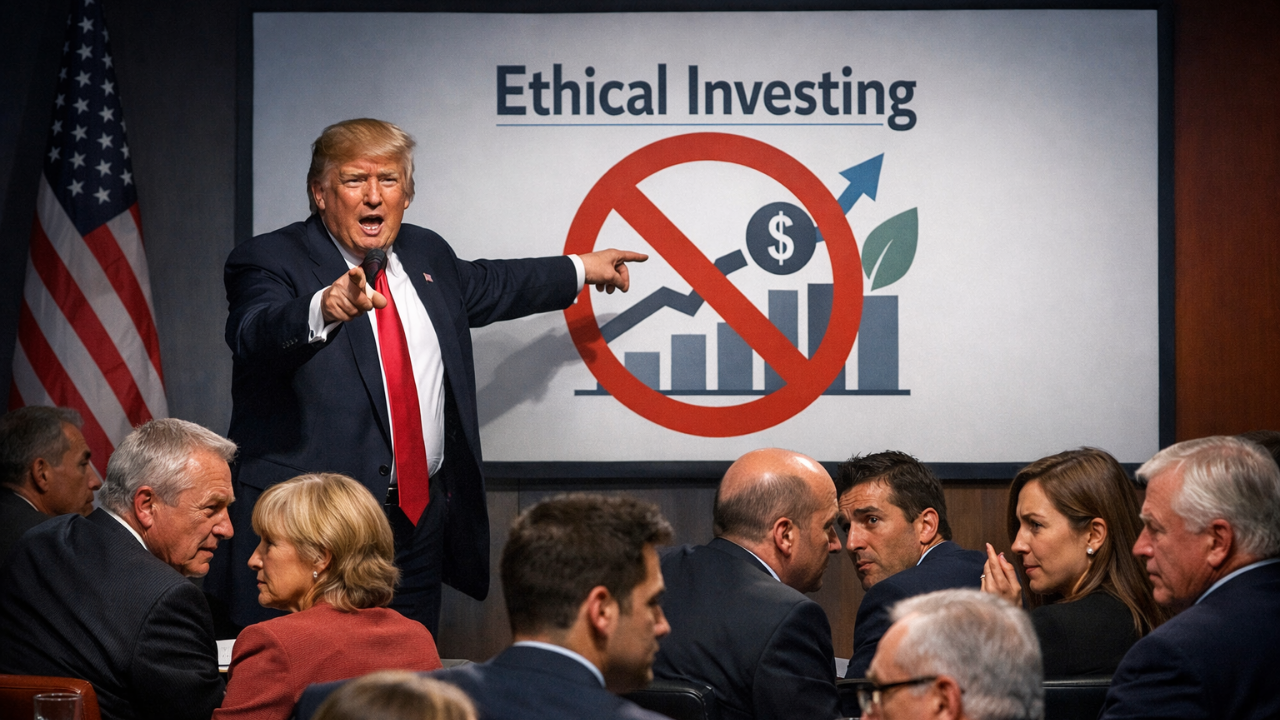Nucleus Wealth Responsible Investing Disclaimer

[section]
Sustainability-Related Statements
Table 1 - General Terms
| Term | Definition |
|---|---|
| Ethical Screens | Categories of a variety of ethical filters which investors may apply to exclude companies operating in or profit from those areas or industries which do not align with the investor’s own ethical framework. |
| Ethical Tilts | Rules which the investor can apply to their investment strategy to focus more of their investment on companies which align with their own ethical framework. |
Methodology for Integrating Sustainability-Related Considerations
Nucleus Wealth differentiates itself by offering investors a system of investment that is personalisable, transparent, and safe.
Rather than dictating the ethical framework under which investors are required to operate, Nucleus Wealth’s approach accepts that individual investors may reject or accept various ESG-related sectors and activities for varying reasons that are much more nuanced than they are black-and-white.
Nucleus Wealth provides investors with a range of ‘screens’ and ‘tilts’ which can be applied to an investor’s portfolio either to exclude companies operating or benefitting from industries or practices or focus greater parts of their investments towards strategies and sectors. By applying screens and tilts, investors can tailor their investment approach in a manner that best aligns with their ethical preferences.
Once the portfolio has been customised to suit the investor’s needs, Nucleus Wealth provides the investor with a company profile, access to detailed performance dashboards and monthly performance reports to ensure the investor is well-informed as to the relevance of the company’s inclusion in their portfolio.
Nucleus Wealth considers itself to be ethical including instilled integrity, honesty, and reliability within its operations. From an investment standpoint, investors may choose from over 30 different ethical overlays over their portfolio so that Nucleus Wealth do not purchase stocks that conflict with an investor’s beliefs.
[block id="18076"]
[/section]







